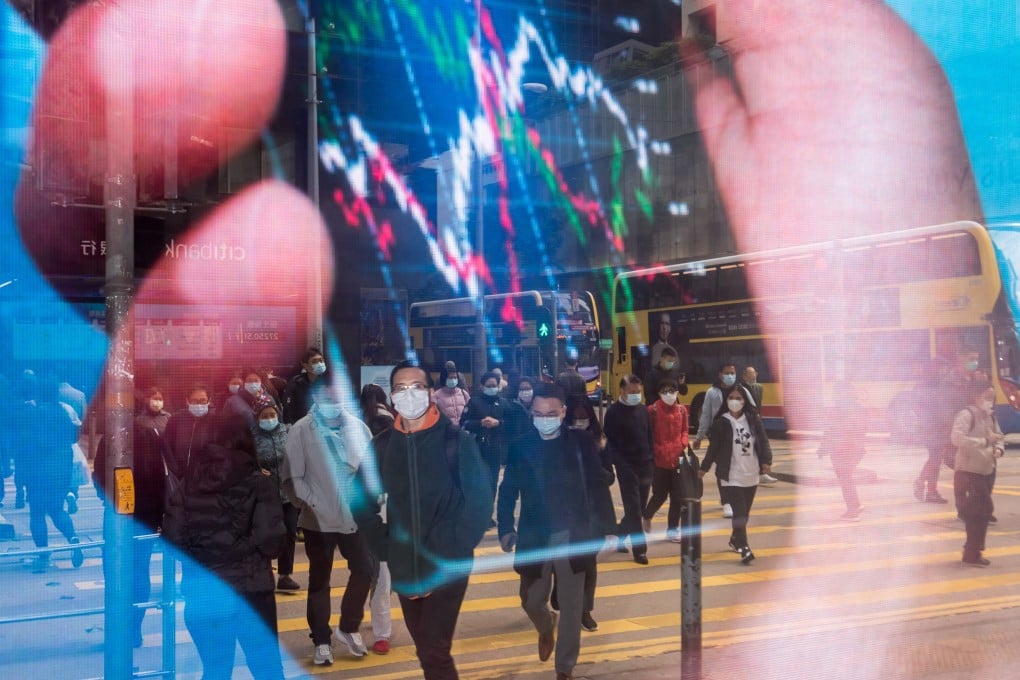Advertisement
The coronavirus is highlighting Hong Kong’s wealth inequality. What’s the government doing about it?
- The latest Covid-19 cluster involves warehouse workers, who probably don’t earn much more than the minimum wage
- Why isn’t a city as wealthy as Hong Kong doing better by its population, and developing worthwhile jobs for people?
Reading Time:3 minutes
Why you can trust SCMP

One of the most disturbing events in the past week was the late Covid-19 diagnosis of a woman who had been to her private doctor three times and been told to go home. Readers might be surprised that a Hong Kong-registered doctor did not suspect she had the coronavirus.
She is the first confirmed case in a new cluster, with others facing quarantine and hundreds requiring testing. When she was finally taken to hospital, nearly unconscious, she had to be ventilated. We all wish her a full recovery and hope her employer generously compensates her for the workplace hazard she faced.
She worked night shifts at Kerry Logistics’ warehouse in Kwai Chung, labelling pre-packaged fruit and vegetables. Two other women at the warehouse who also tested positive had been sick a month earlier; their 25 colleagues are now in quarantine.
Advertisement
That makes perhaps 28 people working round the clock, risking their lives in this dead-end, useless, unnecessary, unproductive and soul-destroying job. The labels, as we know, are required by the government on all imported consumables.
They carry the same information as the packaging and are often creased, folded or illegible, obscuring more critical instructions and dosage information.
These workers are working an overnight job, struggling to put food on the table, perhaps when the children can be looked after at home. It’s not hard to guess they probably don’t earn much more than the minimum wage, a paltry HK$37.50 an hour which our leaders believe is adequate.
Advertisement
Select Voice
Choose your listening speed
Get through articles 2x faster
1.25x
250 WPM
Slow
Average
Fast
1.25x
